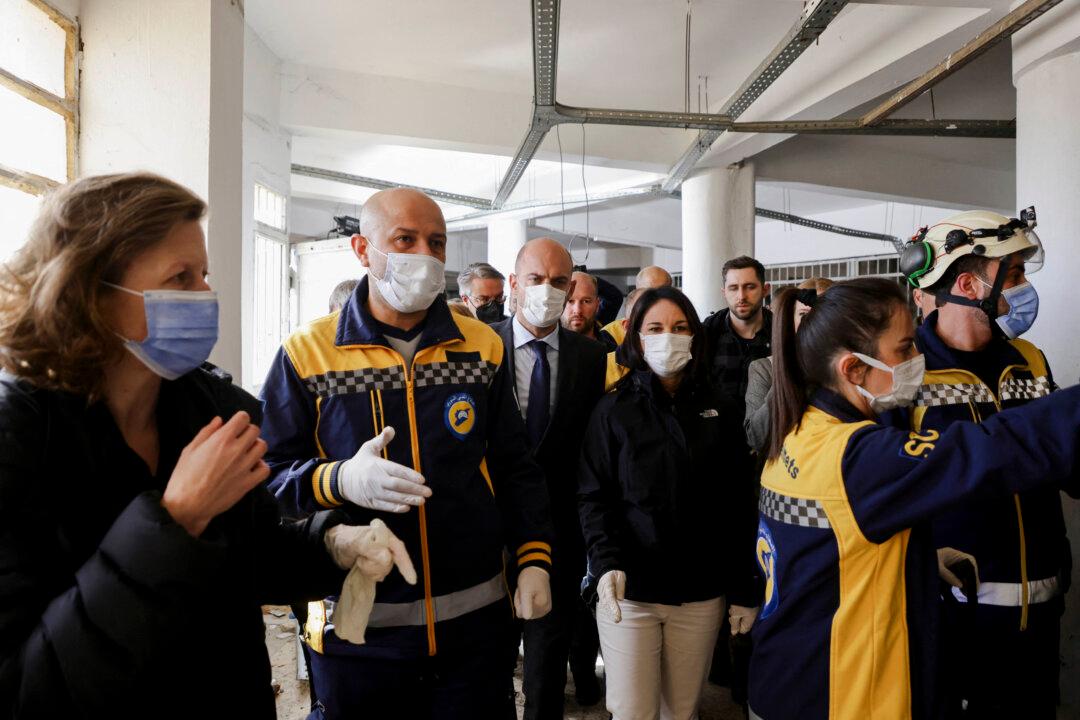The French and German foreign ministers are visiting Damascus on Friday to meet Syria’s new leadership and offer a “political new beginning” after the end of decades of rule by the Assad regime.
French Foreign Minister Jean-Noël Barrot and his German counterpart, Annalena Baerbock, are due to meet Ahmad al-Sharaa, whose Hayat Tahrir al-Sham (HTS) rebel group led a lightning offensive that eventually forced Bashar al-Assad to flee into exile in Russia.





